Lucy Cohen: ‘Putting up with mistreatment helps no one, not those around you or those after you’
Documentary filmmaker Lucy Cohen kicks off our Women Who Win series, giving us some insight into how tough you have to be to hack it out in the film industry as a woman...
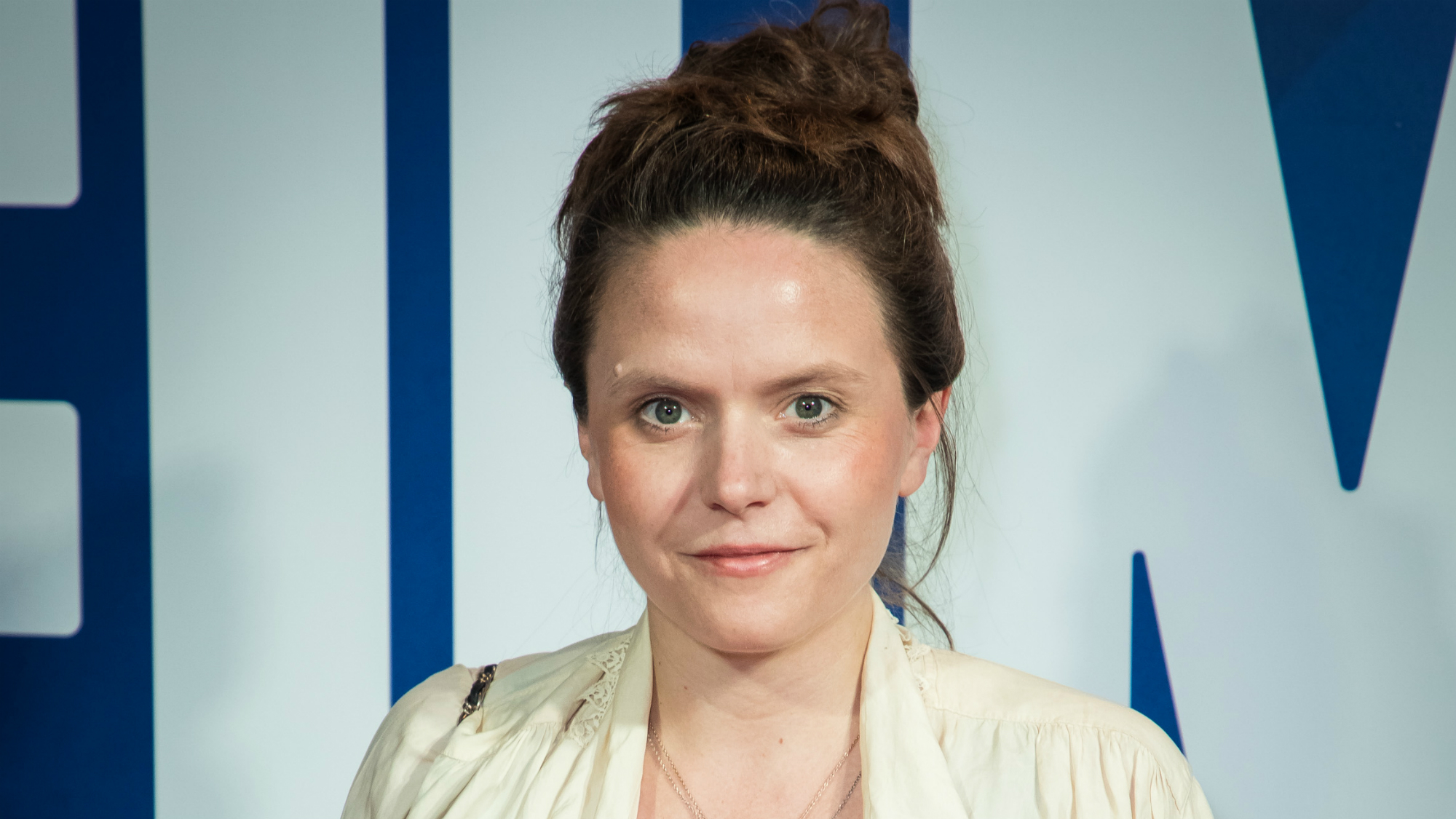

Documentary filmmaker Lucy Cohen kicks off our Women Who Win series, giving us some insight into how tough you have to be to hack it out in the film industry as a woman...
The mistreatment of women has been brought to light in the past year - especially in the entertainment industry. And while the focus has predominantly centred around the abuse of Hollywood actresses, attention has shifted in recent months to shine a light on the lack of recognition for female directors.
'Here are the all-male nominees' announced Natalie Portman at the 2018 Golden Globes when announcing the winner of the Best Director gong - an obvious dig at the fact that most awards ceremonies this year seemed to forget that women exist. Greta Gerwig's not invisible, people.
One of few women to be recognised in 2018 however, is British filmmaker Lucy Cohen - one of two female directors to have received a BAFTA nomination this year.
Her heart-wrenching directional debut, Netflix's Kingdom of Us, follows the Shanks family, a mother and her seven children, in the aftermath of their father's suicide, shining a light on the many faces of mental health and promoting the message, 'It's Ok to not be Ok.'
With a BAFTA nomination for Outstanding Debut by a British Director under her belt, Lucy should be set up for life. But having given birth just four days before her film premiere, her future as a female director is more uncertain than ever. As she told us herself, 'I could never have made Kingdom Of Us with a baby'.
Will that stop her? She says not. According to Lucy, enough is enough and she's calling for change. Now.
Marie Claire Newsletter
Celebrity news, beauty, fashion advice, and fascinating features, delivered straight to your inbox!
Our Women Who Win interview series is set to celebrate strong and inspirational female trailblazers, shaping the future for us all, and Lucy Cohen is our first in the series - a new mother and BAFTA nominee paving the way for women everywhere who want more.
Jenny Proudfoot sat down with Lucy to find out how tough you have to be to survive as a female director nowadays and how to overcome discrimination...
Have you been discriminated against? In documentaries, there is actually a greater representation of female directors. I’ve definitely faced challenges in my career but whether that's down to being female, I couldn’t say. I actually feel that my greatest challenges are yet to come. I'm looking into moving into the fiction space where there are less female directors, higher budgets, and as a result, fewer women in key roles.
What has stopped you progressing? Four days before the film premiere I gave birth to my first child so I had just become a mother - how the industry accommodates that is yet to be seen. The statistics of women who make a first feature but never make a second are pretty dire. It seems pretty vital that we address that.
How tough do you have to be? I fought hard for my first job in television - they offered me work experience and I told them "I’m not taking it, you’re going to have to pay me" - and they did! I was 23 and I just thought that I'd done enough bloody work experience. They of course gave me the "I hadn't done much in that field before" line but I just thought, "No! I’m not going to work for free forever. Enough is enough. You need to pay me.” So they did. Not a lot, but they did.
How can we all ask for more? I remember working on a series alongside a male director and the exec told me: "You need to look at how much you’re asking for because he’s getting a lot more than you. You need to look at that.” So I did. You need to know your worth and don’t ever feel that you need to be grateful. I have been guilty of that – grateful that someone is giving you a job – but you shouldn't be. You've worked for that job and you deserve it.
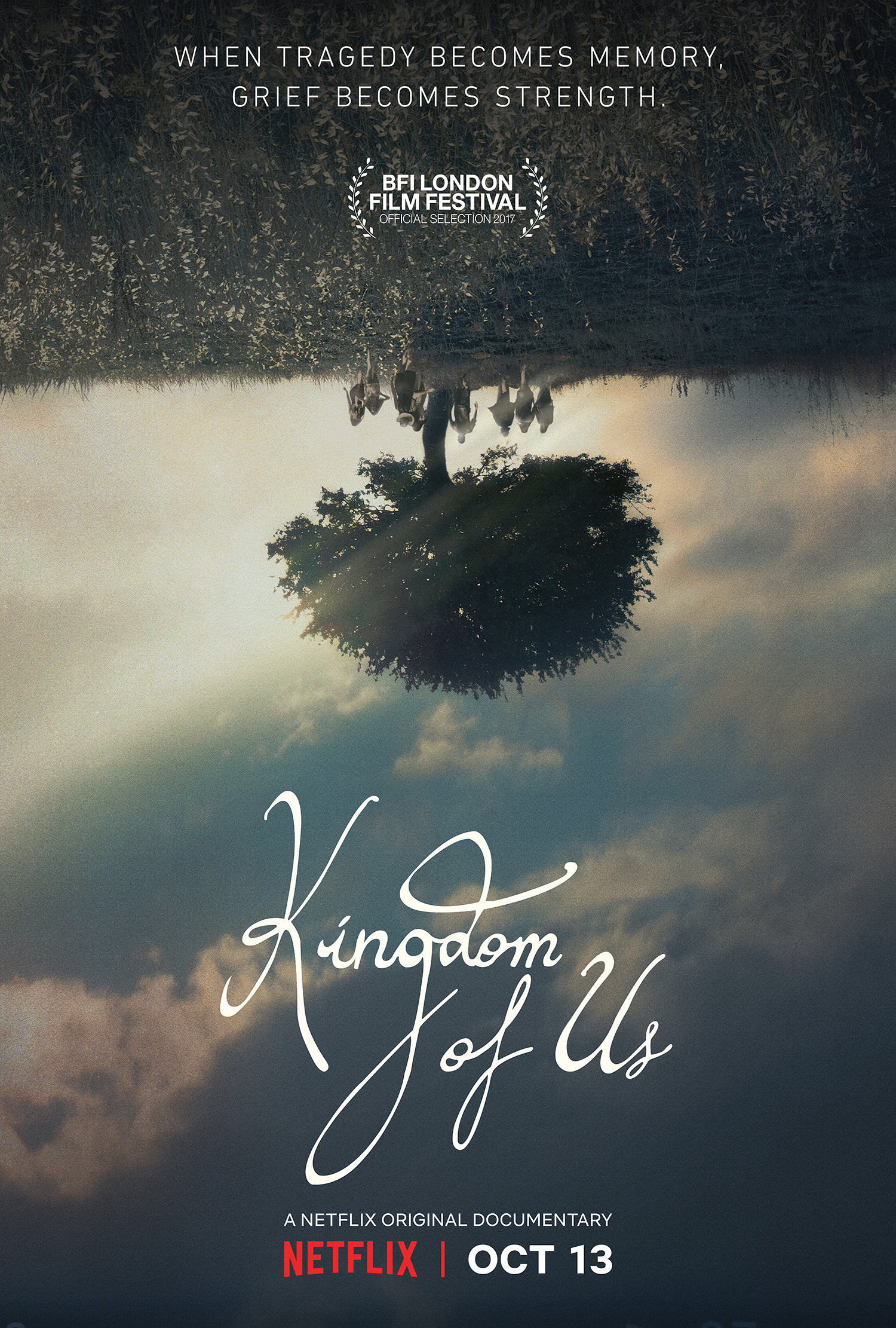
Kingdom Of Us. Credit: Netflix.
What piece of advice has stuck with you? I went to a talk by Chicken & Egg Pictures [program supporting female nonfiction filmmakers] and the woman speaking said something that has always stuck with me. She said: "Do not be complicit in the marginalisation of you." Putting up with mistreatment doesn't help anyone, not those around you or those after you. And I thought: "Be complicit in the marginalisation of me? How dare I do that!” I was angry with myself. You wouldn’t stand for it with anyone else so you’ve got to apply that to yourself as well.
What decision changed your life? Deciding to have a baby - but I’m not sure that was an active decision! I could never have made Kingdom Of Us with a baby. In order to make documentaries you have to immerse yourself, work long hours and effectively go into another world – that wouldn't have been feasible with a child, so we'll see how the industry accommodates my new situation.
What is your superpower? Perseverance – I never give up. Creating Kingdom Of Us took a long time – I originally met the family filming for a project around autism, but it fell through and we changed focus. But I needed to go back – there was something so special and fascinating about those people. They had a lot to say and were open to filming – so I went back by myself with a camera and we started a journey that took four years, not really knowing where it would go – it was just me and them. We went it alone. You don’t need permission to make a film. You don’t need permission to create something. You just have to go out and do it.
What is the toughest part of your job? Undoubtedly you come to care for the people you're observing and you're constantly weighing up in your mind what you should and shouldn't film. Sometimes it feels intrusive just watching people at their most vulnerable but the responsibility of representing them and filming those moments is monumental – so you must. You have to step back and let life happen naturally. It's especially difficult filming by yourself though – all of the information and emotion goes in and weighs on you but you don't really have an outlet for it – you're on your own.
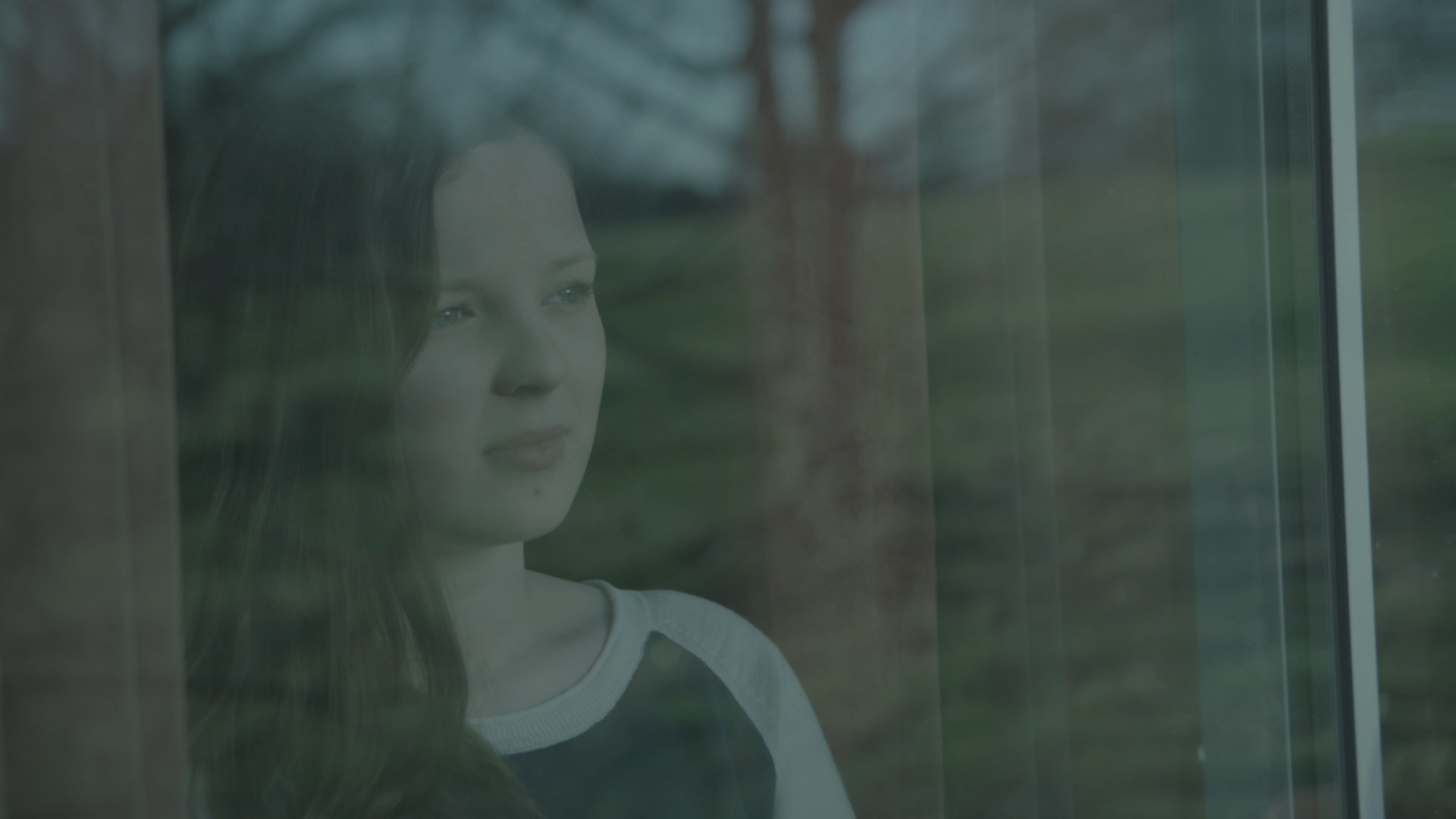
Kingdom of Us. Credit: Netflix.
What will you never compromise on? I will always refuse to compromise my moral integrity – especially in my work. There’s always an agreement that if there's anything the person I'm filming doesn't want in the film, it won't be. For me that's imperative.
When do you work best? I’m most productive early in the morning or late at night - just not nine to five! I feel like I can think when the rest of the world is sleeping. But in observational documentaries, you have to be productive whenever. You’re constantly on call. Life is happening 24 hours, seven days a week so you don’t really have a choice when to be productive, you’ve just got to get on it and do it.
When were you proudest? I had a real moment of pride at the British Independent Film Awards in December. Kingdom Of Us was up for best documentary - we didn’t win but it was wonderful to be nominated. The Shanks family and I were sat together laughing and I thought back to four and a half years previously - it was just so lovely. We didn’t even know we would get a film made but they believed in me. There was no guarantee of anything, they welcomed me into their lives for no reason.
What should women always do? Women should know their worth. Questioning yourself occasionally is useful but we shouldn’t question ourselves constantly. Remember, not to be complicit in the marginalisation of yourself.
Kingdom Of Us is available on Netflix.

Jenny Proudfoot is an award-winning journalist, specialising in lifestyle, culture, entertainment, international development and politics. She has worked at Marie Claire UK for seven years, rising from intern to Features Editor and is now the most published Marie Claire writer of all time. She was made a 30 under 30 award-winner last year and named a rising star in journalism by the Professional Publishers Association.
-
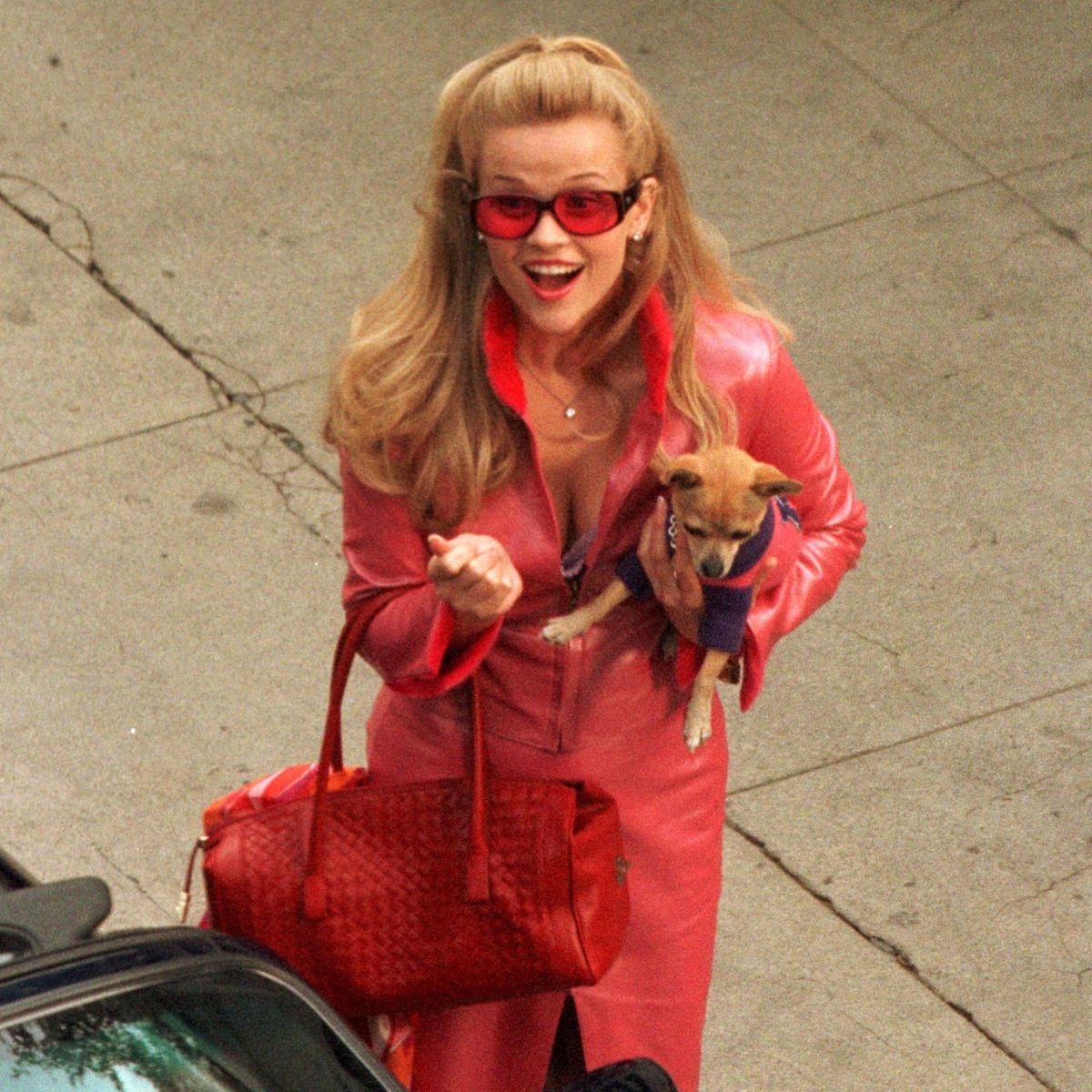 The cast for the Legally Blonde prequel TV show has officially been released
The cast for the Legally Blonde prequel TV show has officially been releasedBy Jenny Proudfoot
-
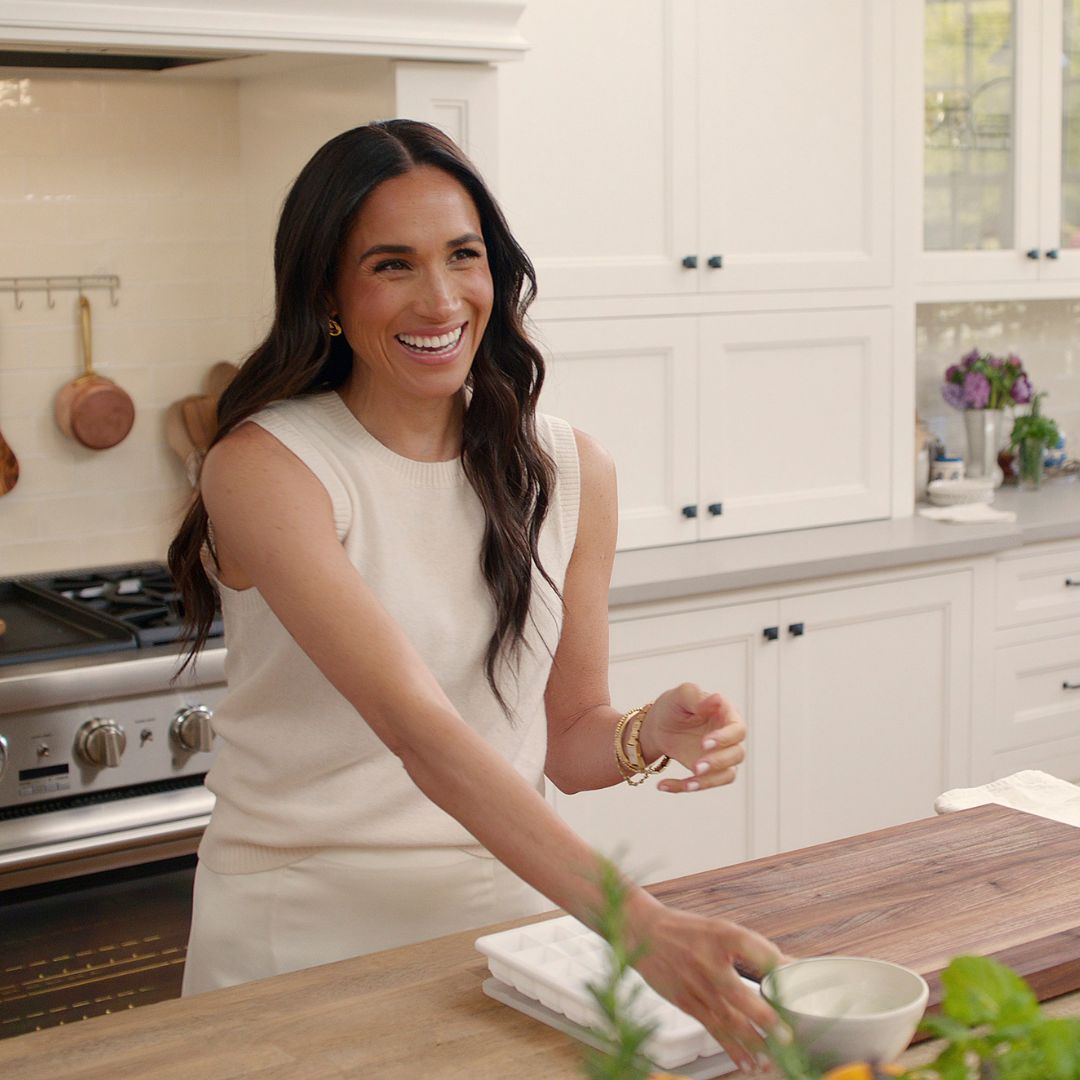 Meghan Markle has finally explained her decision not to film ‘With Love, Meghan’ at her home
Meghan Markle has finally explained her decision not to film ‘With Love, Meghan’ at her homeBy Jenny Proudfoot
-
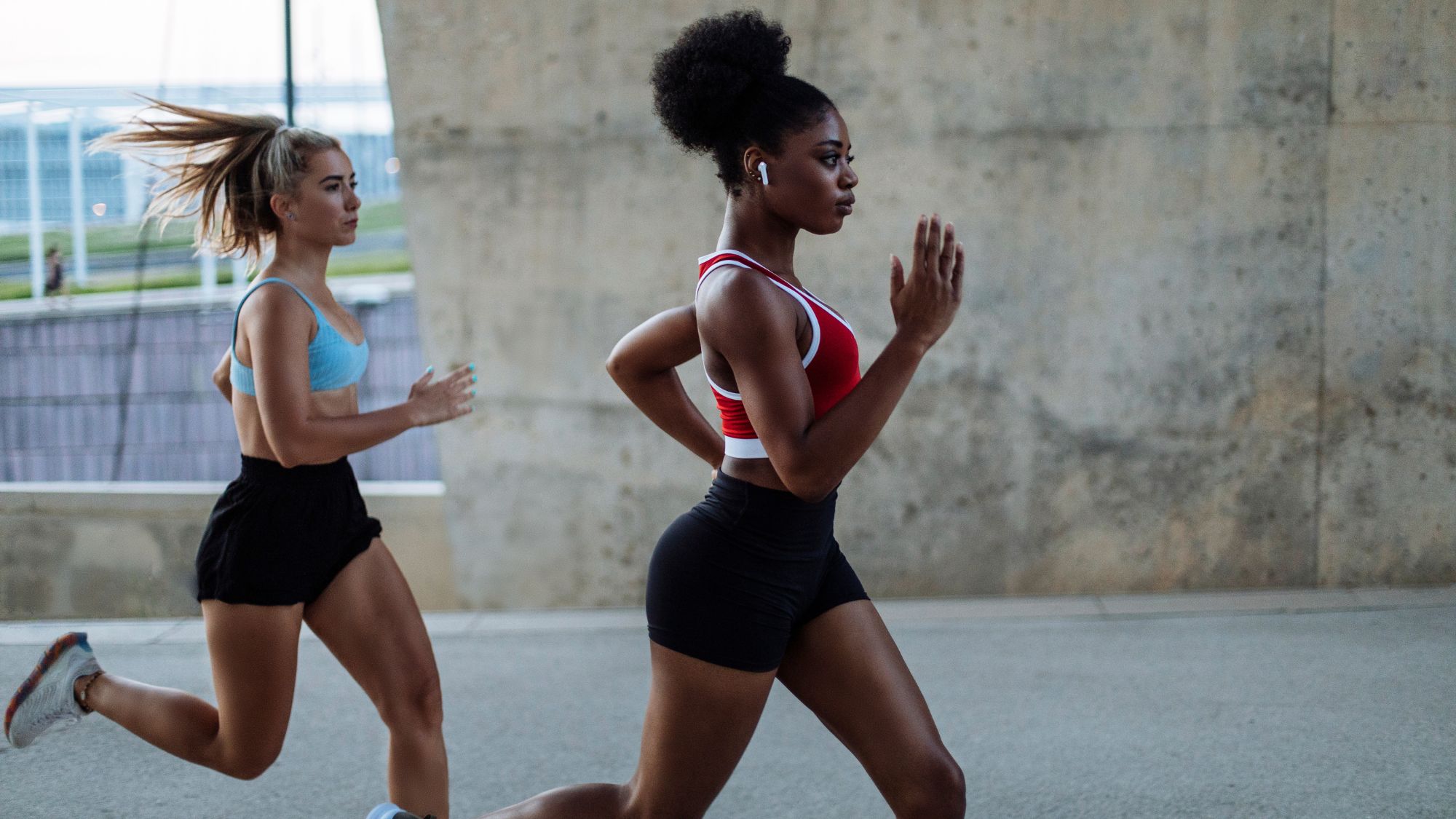 Feeling inspired by the London Marathon? 10 science-backed pieces of running advice for beginners
Feeling inspired by the London Marathon? 10 science-backed pieces of running advice for beginners"Remember, running is for everyone - you included."
By Rebecca Shepherd
![Kingdom of Us | Official Trailer [HD] | Netflix - YouTube](https://img.youtube.com/vi/fc8_spETMBY/maxresdefault.jpg)